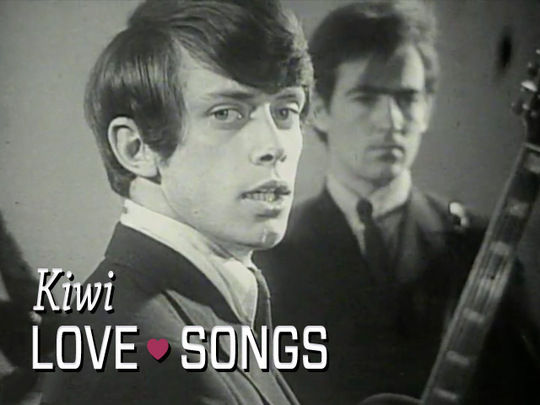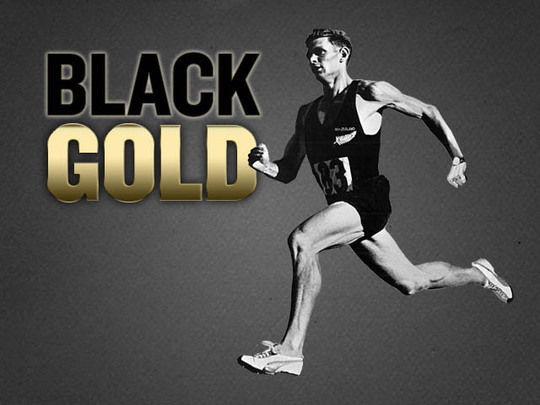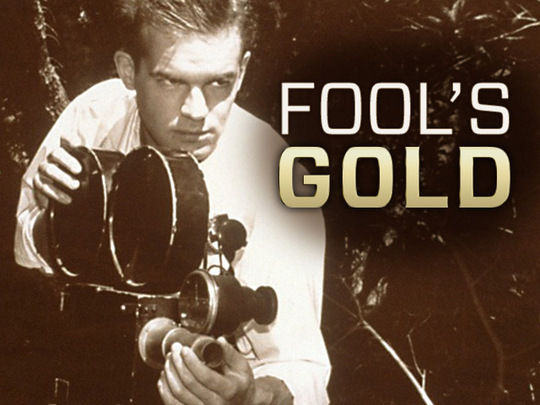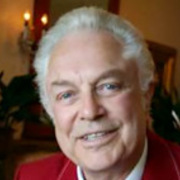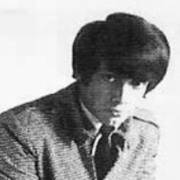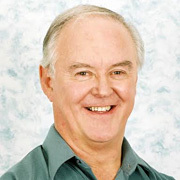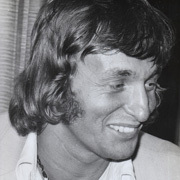Search
Titles (25)
See all
Out of Sight Out of Mind
The Avengers, Music Video, 1969
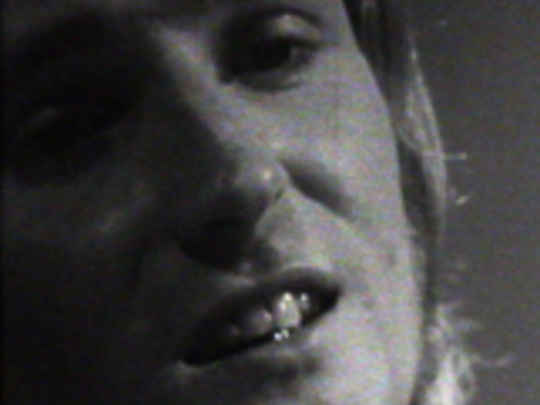
Rain and Tears
The Hi-Revving Tongues, Music Video, 1969
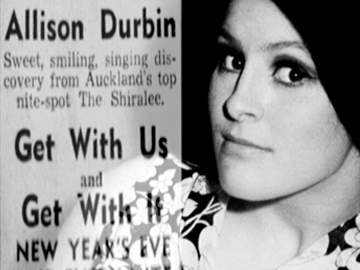
Give It A Whirl 2 - The Swinging Sixties (Episode Two)
Television, 2003 (Full Length Episode)
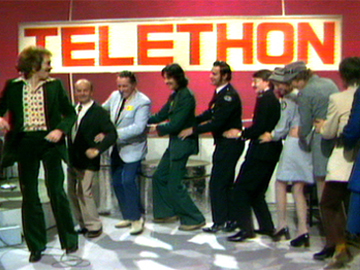
50 Years of New Zealand Television: 3 - Let Us Entertain You
Television, 2010 (Full Length Episode)

Teardrops
Herma Keil and The Keil Isles , Music Video, 1965
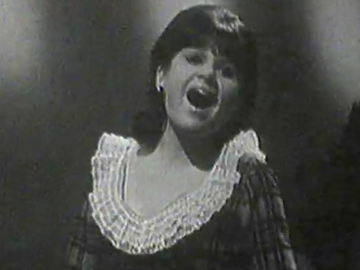
C'mon - Series One (Episode)
Television, 1967 (Full Length Episode)
Collections (4)
Interviews (6)
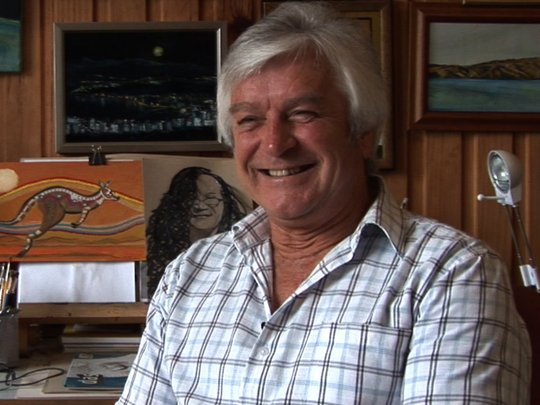
Roger Gascoigne: the man with the golden smile (and that wink)...
Interview, Camera and Editing – Andrew Whiteside
Tony Holden: TV comedy veteran...
Interview, Camera and Editing – James Coleman
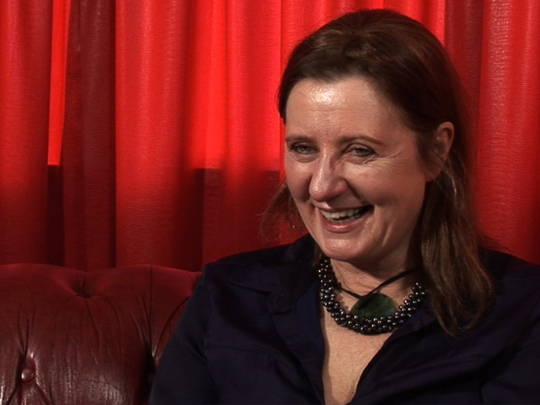
Annie Goldson: Award-winning documentary filmmaker...
Interview, Camera and Editing – Andrew Whiteside
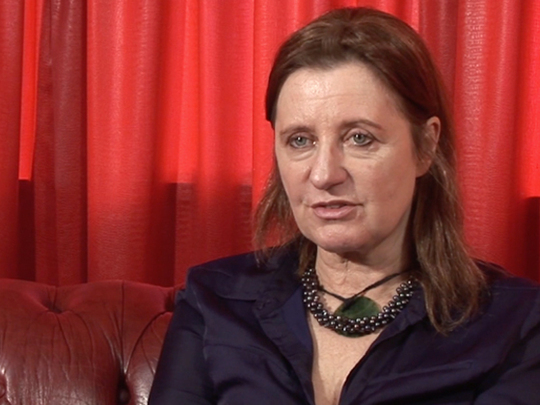
Annie Goldson on Sheilas: 28 Years on
Interview, Camera and Editing – Andrew Whiteside
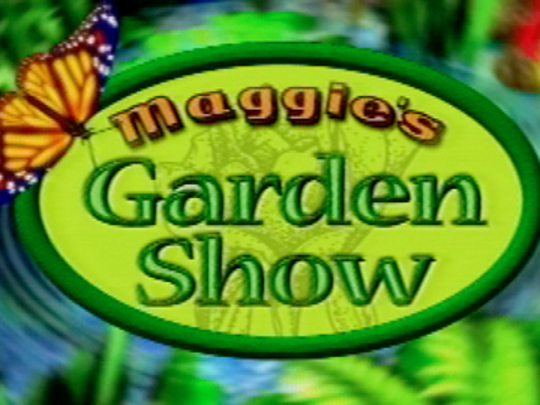
RNZ Interview: Maggie's Garden Show - Maggie Barry & Jack Hobbs
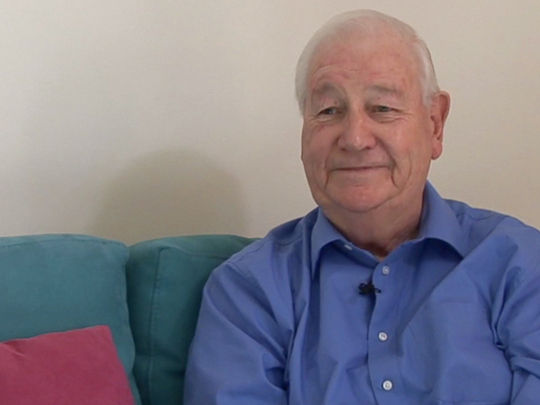
Gordon Dryden: TV current affairs pioneer…
Interview, Camera and Editing – Andrew Whiteside

